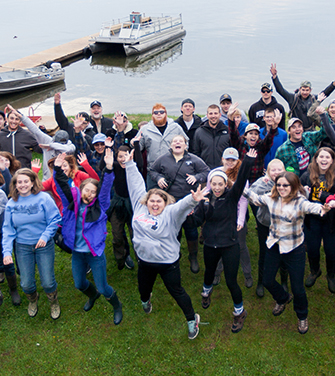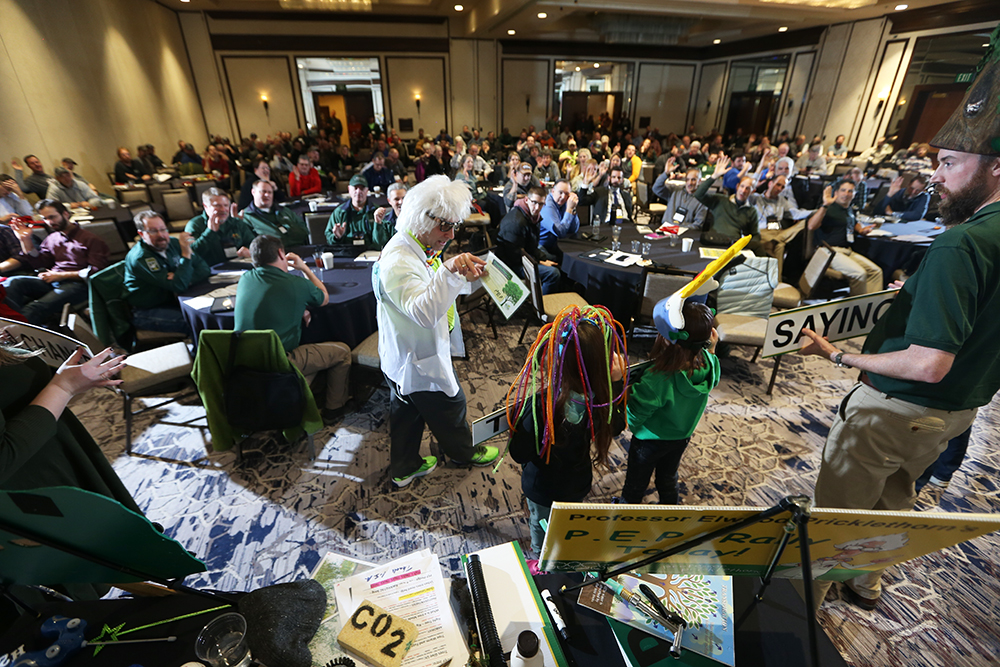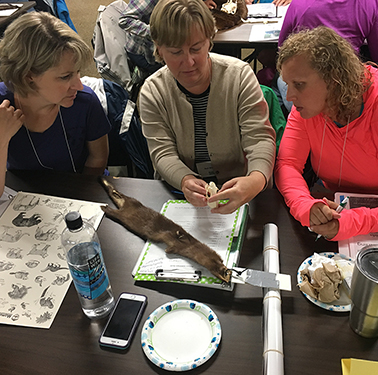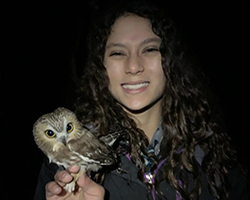Specializations/Graduate studies
Discover the cutting-edge world of environmental science at Purdue Forestry and Natural Resources! Our research spans forests, wildlife, aquatic ecosystems, and sustainable natural resource management—driven by innovation, collaboration, and real-world impact. Whether you're a student, scientist, or nature enthusiast, explore how our work is shaping a healthier planet and creating solutions for tomorrow’s environmental challenges. Dive into our research and be inspired to grow with us: Purdue FNR Research.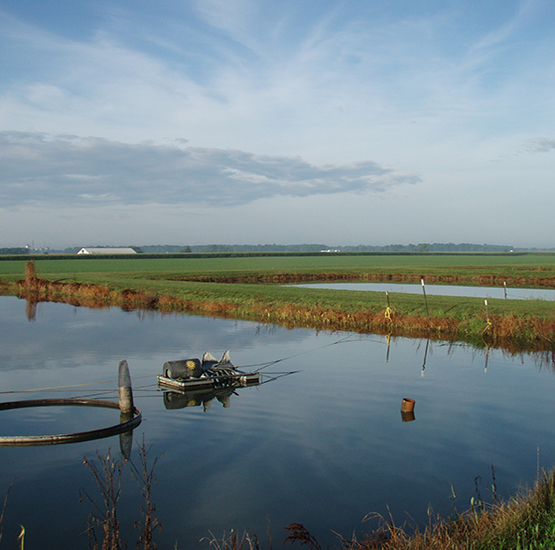
Develop and disseminate knowledge about aquatic animals and their habitats, including aquaculture; interactions between aquatic and terrestrial ecosystems; fates and effects of pollutants; appropriate management practices for the protection and use of aquatic ecosystems.
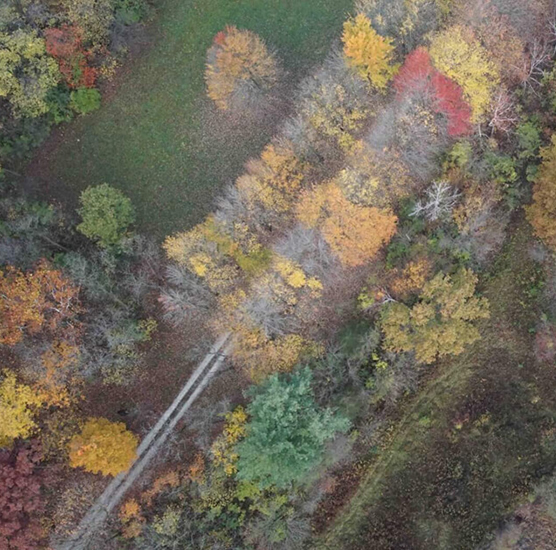
FNR Digital Natural Resources' research spans over several areas which includes developing integrated systems of quantitative techniques for assessing and analyzing forest and associated ecosystems. Efforts focus on advancing quantitative methods related to statistical, simulation and analytical modeling of natural systems at varying spatial and temporal scales.
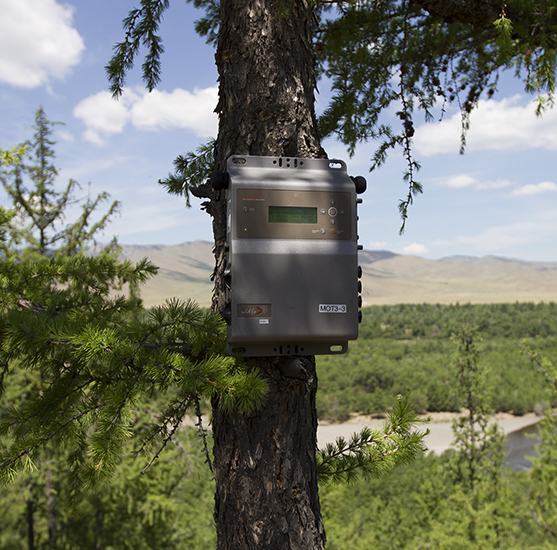
Develop knowledge of factors influencing complex interactions in ecological systems at multiple scales of biological organization ranging from physiological to community and eco-region units, with an emphasis on effects of anthropogenic drivers such as climate and land-use change and tactics for restoring and conserving ecological processes.
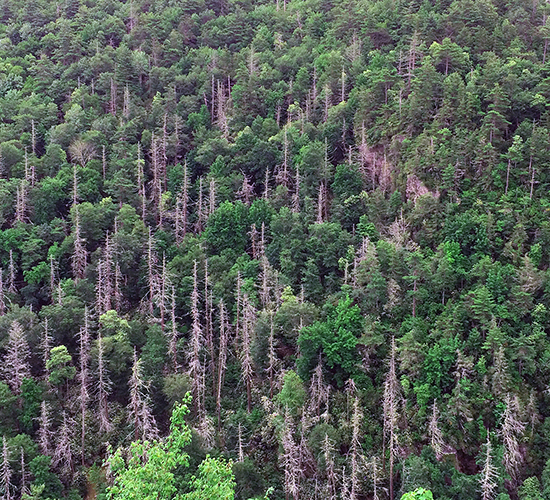
Advance basic knowledge of forest ecosystems, as well as the physiology, genetics and growth of hardwood trees, to provide for the health and sustained productivity of the forests of the Central Hardwood Region, both in rural and urban settings.

Applying advanced molecular and analytical methods to a variety of genetic questions (e.g., genetics diversity, relatedness, heritability) in populations of important wildlife and tree species.
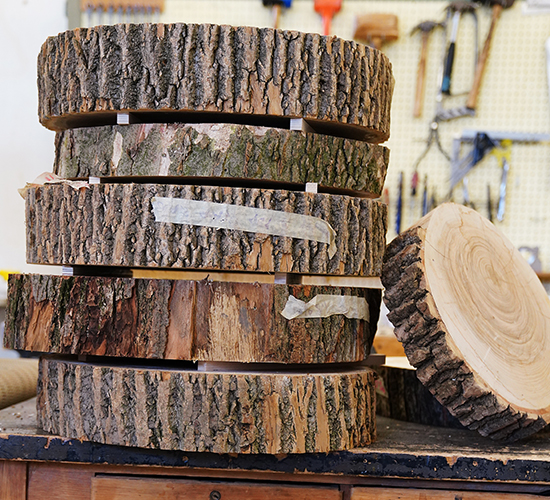
Assist wood products manufacturers and consumers in gaining the greatest benefit from responsible use of wood by developing new knowledge to reduce raw material costs, improve processing technologies and encourage innovation in product development, thus integrating industrial competitiveness with natural resource conservation through science and engineering.
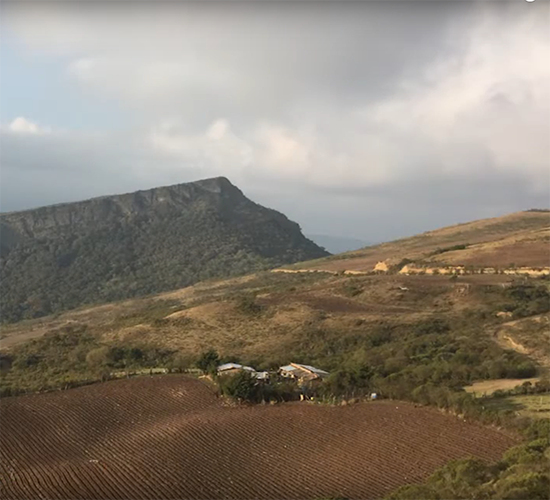
Natural Resource Social Science
Studying the social, political and economic implications of alternative public policies with regard to the protection, management and use of natural resources. The awareness, attitudes and behaviors of individuals and groups as these related to natural resources management are also explored.
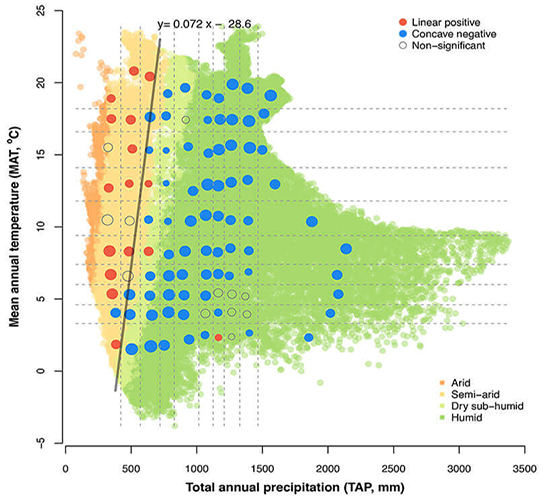
The Quantitative Ecology group studies and advances quantitative methods related to statistical, simulation and analytical modeling of natural systems at multiple levels of biological organization and at varying spatial and temporal scales. Members of the group also employ advanced monitoring and informatics techniques to track biota across varied landscapes and synthesize diverse environmental data. The group works to develop, coordinate and promote quantitative research and education addressing a wide range of topics of interest to natural resource professionals.
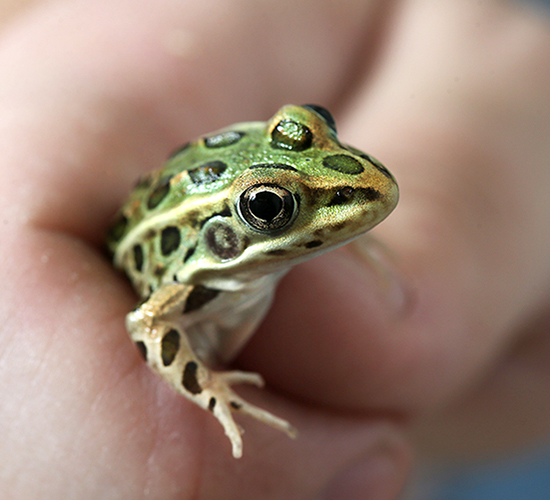
Increase and disseminate knowledge about wildlife species, populations and communities and how they relate to ecosystem structure and functioning and respond to environmental changes.

